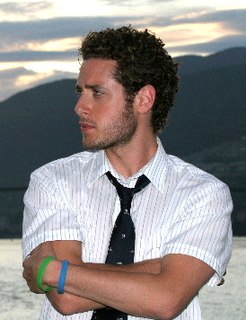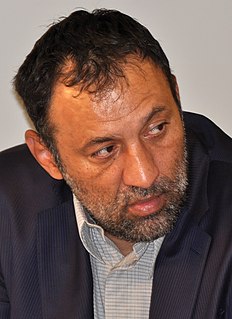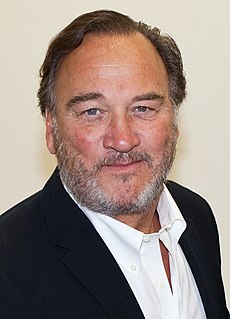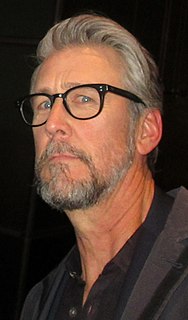A Quote by Jeff Fahey
That is a gift to have four weeks to rehearse something. But remember, when you're doing a play half of that time you're getting to know the play and the other actors and then finally in the third week you have it pretty much on its feet. So it's all relative in different ways.
Related Quotes
A sitcom, you rehearse for four days of the week and then you shoot it all in one night in front of a studio audience. It's like a play every week, you just shoot it over a seven or eight-day period with a single camera. I enjoy this format of show much more. I'm a feature guy. I like making movies. So the four camera thing I didn't love it that much. I found myself slightly out of my element.
In theater, you get to rehearse several weeks, you memorize everything, and by the time you open, you know what the play is. In film, it's almost the opposite. You do your work on your own and maybe have a couple of minutes to rehearse. When the camera rolls, you generally don't know what's going to happen.
Having been an actor, I always want to leave room for the actors to find their comfort zone, so I don't like to be too rigid in how I plan my shots. It's different if you have weeks to rehearse and you can rehearse on your sets or in your locations and you can plan that out with your actors, but in modern independent filmmaking, you don't really have that time. You have to have a certain level of improvisation.
One of the things on a very practical level as an actor or actress is that when you do a play, you do the entire story every time you do it. You have eight shows a week. You have a rehearsal process of four to five to six weeks. And then once you're in performance, everybody else goes away and you're there with your fellow actors and the audience and the material and your life becomes about that. And you go through the story from the beginning to the end every time you do it and depending on how long you do it, that's where the craft comes in.
One of the good thing about theater in the states, is that the playwright we do have a say, especially in the beginning, when the play is being discussed around the table. We talk about the play, and the actors listen, and there have been cases, you disagree on something... I mean, actors don't usually tell you what they're going to do, they do it. Of course, you try to speak with the director and say, "Is there any way you can bring this actor to do something different?" You try as much as you can, but then, you also have to be open to interpretation.
I actually think film and TV are sort of the same thing now. To me they're all motion pictures. There's a camera, a script, other actors and a director. Doing a sitcom is a little different. It's kind of a hybrid, half movie, half play, presented in a proscenium fashion - the camera's on one side of the line, the set on the other, the audience sitting behind the cameras.
See, if you put a musician in a place where he has to do something different from what he does all the time, then he can do that - but he's got to think differently in order to do it. He's got to play above what he knows - far above it. I've always told the musicians in my band to play what they know and then play above that. Because then anything can happen, and that's where great art and music happens.




































